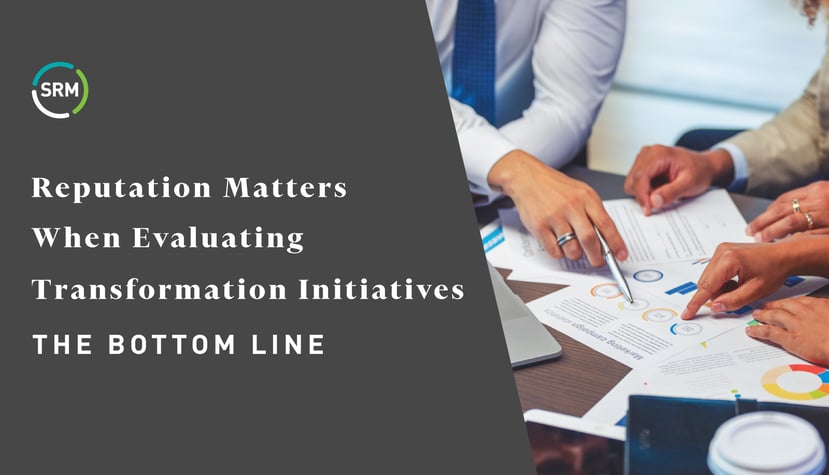
As we enter 2025, there are a multitude of factors indicating that this year will see a resurgence of merger and acquisition (M&A) activity among banks and credit unions. The primary factors for increased consolidation include economic conditions, a change in administration and related regulatory impact, technological investments, a heightened need for scale, and evolving consumer expectations. In the following paragraphs, we highlight many of the factors that SRM is tracking to help our clients prepare for the new dynamics the industry faces this year.




.png?width=1024&name=FDIC%20Letter%20(1).png)






